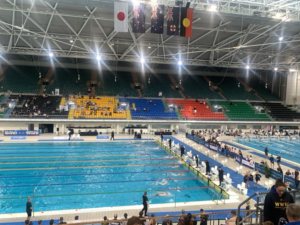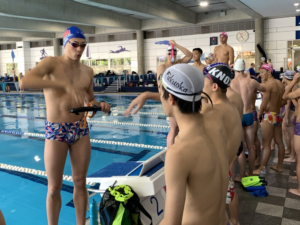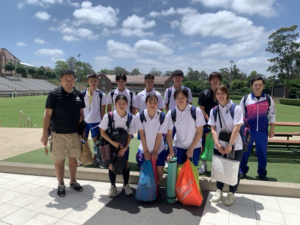As I have written previously, there are many sister city relationships between Australia/New Zealand and Japan. There are many reasons for municipalities or states/prefectures to conclude sister city or state relationships, one of which is the result of school exchange between the schools in the two government areas. This being said, there are also some municipalities and states/prefectures in Australia/New Zealand and Japan that conduct school-to-school exchange even if they do not have a sister city/state relationship. During the COVID-19 pandemic, many schools changed their mode of exchange and conducted their exchange activities online.
Here is an interesting survey result. According to a survey we did at the end of last year, when compared to other sister city/state relationships around the world, there is a much larger percentage of student exchange through sister city/state activities between Australia and Japan.
Only 39% of Japan’s overall sister city/state activities are student exchange-related activities with countries around the world. If we compare this to Japan’s exchange activities with Australia, we can see a big jump to 55%.
I think there are several reasons for this high rate of student exchange between Australia and Japan. Firstly, Japanese is one of the most popular second languages in Australia and many students learn Japanese at school. On the other hand, there is a high demand amongst students in Japan to learn English. Also, there are minimal time differences between Australia and Japan, which allows students and teaching staff to easily take part in online exchange during regular school hours.
I believe school exchange is a great way to learn about the culture and other aspects of other countries. I wish I had experienced school exchange when I was a student.
Many schools in Japan wish to conduct school exchange with schools in Australia/New Zealand. If you are interested, please click on the link below.
https://www.jlgc.org.au/ja/international-exchange-2/sister-school-exchange/

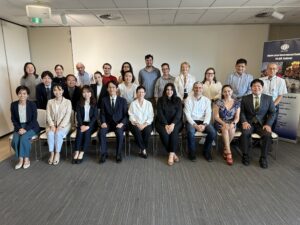
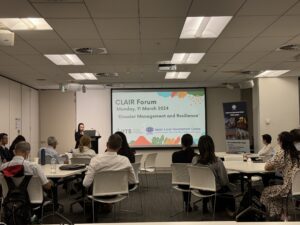
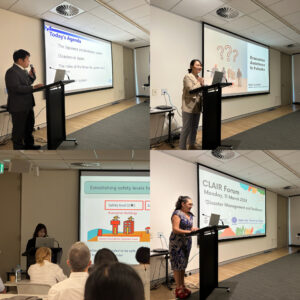
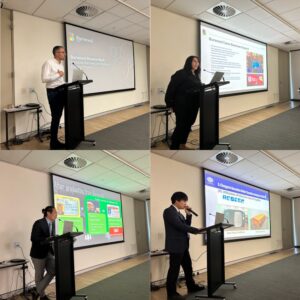
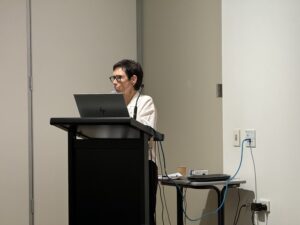
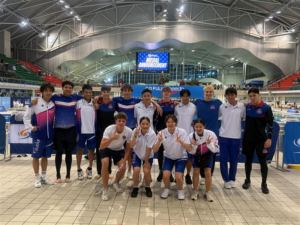 12月3~13日、福岡県水泳連盟の選抜選手8名がNSW州を訪問し、現地の学校との合同練習とNSW州の大会に参加しました。
12月3~13日、福岡県水泳連盟の選抜選手8名がNSW州を訪問し、現地の学校との合同練習とNSW州の大会に参加しました。